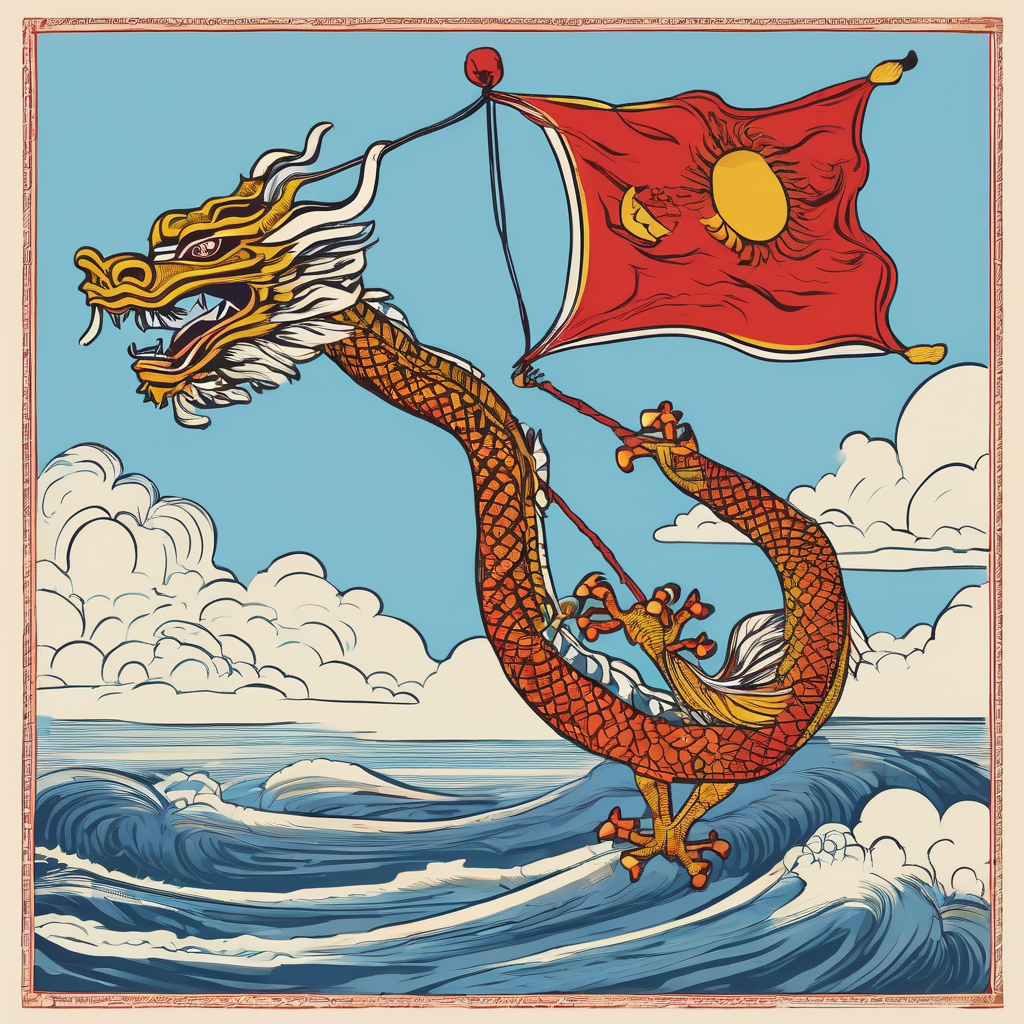The Fijian government has reiterated its steadfast support for the One China Policy amid rising tensions following a recent visit by a senior official to Taiwan. Reports emerged that Filipo Tarakinikini, Fiji’s Permanent Representative to the UN, participated in a delegation that met with Taiwanese Vice-President Hsiao Bi-khim, prompting a formal protest from Beijing.
In an official statement, Fiji’s Ministry of Foreign Affairs and External Trade affirmed the nation’s recognition of the People’s Republic of China as the sole legitimate government of China. The ministry emphasized Fiji’s respect for its diplomatic relations with China, stating that these ties are fostered on mutual principles of cooperation and non-interference.
“The Government of Fiji, through the Ministry of Foreign Affairs and External Trade, reaffirms its commitment to the One China Policy,” the statement declared, adding that they are taking measures to amicably resolve any diplomatic issues arising from the visit.
Beijing condemned Tarakinikini’s visit, viewing it as a violation of the One China principle, which posits that Taiwan is an integral part of China. Chinese Foreign Ministry spokesperson Mao Ning expressed strong dissatisfaction, stressing that any form of official interaction with Taiwan by nations that maintain diplomatic relations with China is unacceptable and warns against actions that may lead to misunderstandings.
The visit, which also included ambassadors from the Marshall Islands and Paraguay, was characterized by discussions on enhancing Taiwan’s international presence, reflecting a notable diplomatic engagement amid growing geopolitical complexities in the Pacific region. Despite its official ties to China, Fiji has historically managed a de facto Taiwanese mission in the capital, Suva, displaying a nuanced approach to its foreign relations.
This incident occurs against the backdrop of Fiji’s strategic position in addressing regional dynamics, particularly as it navigates its relationship spectrum with both China and traditional allies, such as the United States and Australia. Fiji’s Prime Minister Sitiveni Rabuka has visibly opposed any establishment of Chinese military bases in the Pacific, advocating for peace and stability in a region marked by increasing tension.
The ongoing diplomatic engagement presents opportunities for Fiji to strengthen its international partnerships while promoting regional stability. Enhanced diplomatic dialogue with Taiwan alongside a commitment to China could ultimately yield mutual benefits, paving the way for collaboration in various sectors and contributing positively to Fiji’s future diplomatic landscape.
